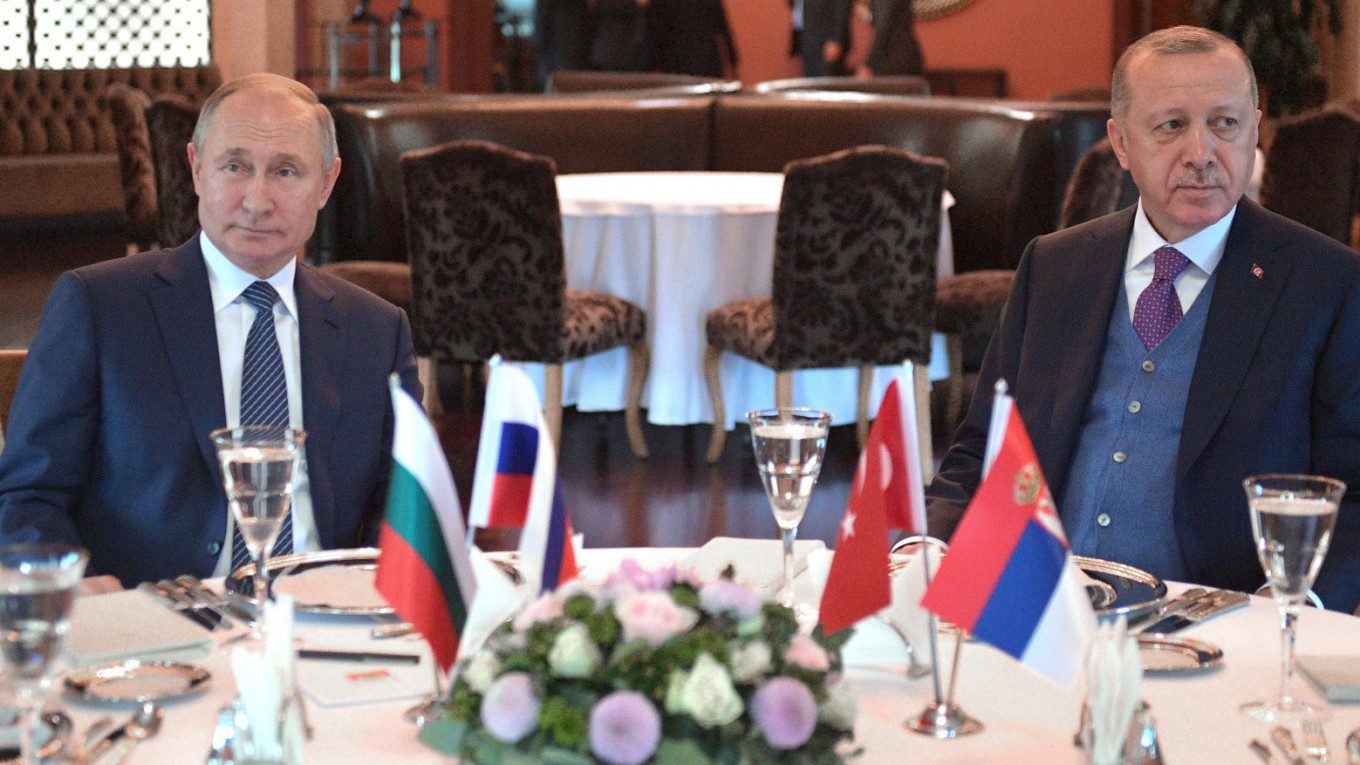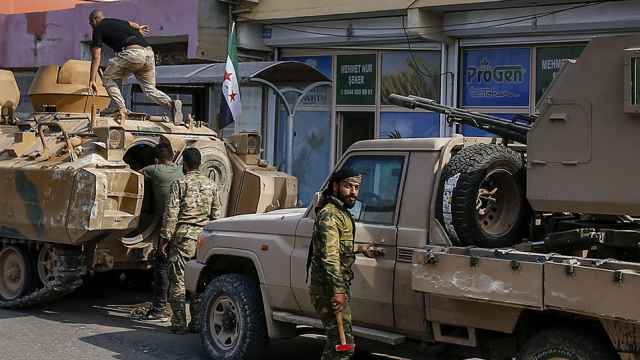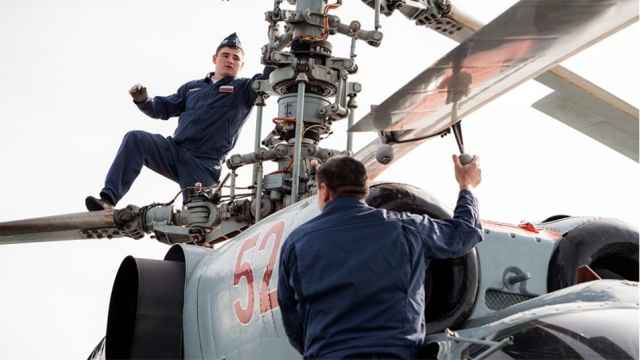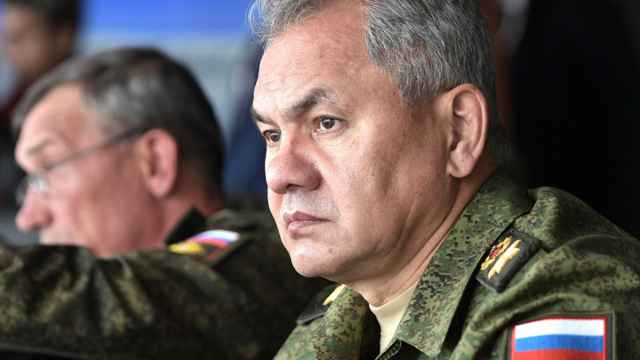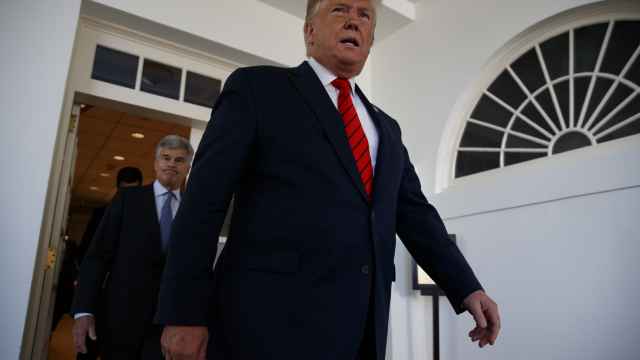The Kremlin has one overriding objective in Syria — to complete the full reestablishment of Assad’s control over the whole country so that Russia can at last extract all the economic and strategic benefits from its vassal state.
Reconstruction would begin, and soon after the attempt to turn Syria into the critical link in a new network of pipelines connecting the Gulf to Europe. These are enticing plans, but their realization is still dependent on breaking the popular resistance in Idlib.
It must have come as a surprise to Russian strategists that — long after the West has lost interest in its fate —Turkey continues to stand by the besieged city. Why is that? As it turned out, Turkey has plans of its own.
For Ankara, Assad is not a solution.
All he promises is a perpetual state of war against the Syrian people, the consequences of which would, in great measure, be borne by Turkey. Refugees would continue to flow and instability would reign for the foreseeable future. While the European Union thinks of the Middle East as a distant planet, Turkey is a Middle Eastern country and cannot protect itself from the chaos engulfing the region.
Corresponding to this threat, there is an opportunity to push Syria in a different direction and bring it closer to a Turkish model of majority rule. Turkey also believes it can offer better perspectives for the battered Syrian economy — deep integration across the common border and a more vibrant private sector.
Two visions, one country. The clash has a fundamental nature and will not easily disappear.
The Kremlin believed Turkey would be forced to retreat, and made an extraordinarily dangerous gambit in trying to precipitate it. Last time they met, Putin looked across the table and saw a weakened Erdogan, opposed for the first time by more than half the country, isolated from Europe and America and struggling with a seriously exposed economy. In this context, a military setback might constitute a decisive blow.
Negotiations between Moscow and Ankara over Idlib had been difficult, fractious and inconsequential. Putin lost his patience and gave the green light for targeted attacks resulting in dozens of Turkish deaths. In the fog of war these might be deniable. They are also likely to have resulted in a higher number of casualties than were either intended or desirable.
Surprisingly, Turkey did not retreat. Historically, a blow against their beloved military has tended to rally Turks around the flag, and this time the Turkish army had a few new tricks up its sleeve.
Unbeknownst to many, under the leadership of the technical wizard Selçuk Bayraktar, Turkey had developed world class capabilities in armed drones. They were put to use to spectacular effect last week. Turkey claims it has killed more than two thousand Syrian troops in recent days, including three senior generals in drone strikes, and destroyed 103 tanks, six air defense systems and 72 Howitzers and rocket launchers.
Suddenly — former U.S. President Barack Obama must have been shocked to find out — the Syrian air defense systems were exposed as the Potemkin contraption they always were. The Russian military does have the ability to escalate the conflict, but not to de-escalate it on its own terms.
Moscow has no good options left if it wants to persevere with the goal of reestablishing Assad’s rule over Idlib. Allow Turkey to continue its campaign and Assad will be effectively gone. Even the pretence that he still commands any power in Syria was already under extreme strain.
Turkey, on the other hand, has started to see some light at the end of the tunnel. Assad has been rendered powerless, the idea that he could ever control the indomitable population of Idlib exposed as a bluff. Russia can keep Turkish action under a certain threshold, but what does that give you when the Turkish military can act unopposed under it?
Place all these variables together and you may end up with a scenario where Russia grudgingly comes to the conclusion that Assad is expendable. If he no longer means anything, he is by definition expendable. A soft coup could be arranged or procured.
The important thing is to keep the Western powers out of Syria. This cannot be done by pushing Turkey against the wall, something Putin is beginning to understand. Letting Assad go would have the additional benefit of eliminating the source of Iranian influence in Syria; neither Moscow nor Ankara will be too unhappy about that.
As they meet this week, Erdogan and Putin will be under renewed pressure to give up on their most ambitious plans and settle for something they can actually obtain. Two visions, one country. These two visions will have to live together, even if perhaps the notion of an undivided and sovereign Syria now belongs to the past.
A Message from The Moscow Times:
Dear readers,
We are facing unprecedented challenges. Russia's Prosecutor General's Office has designated The Moscow Times as an "undesirable" organization, criminalizing our work and putting our staff at risk of prosecution. This follows our earlier unjust labeling as a "foreign agent."
These actions are direct attempts to silence independent journalism in Russia. The authorities claim our work "discredits the decisions of the Russian leadership." We see things differently: we strive to provide accurate, unbiased reporting on Russia.
We, the journalists of The Moscow Times, refuse to be silenced. But to continue our work, we need your help.
Your support, no matter how small, makes a world of difference. If you can, please support us monthly starting from just $2. It's quick to set up, and every contribution makes a significant impact.
By supporting The Moscow Times, you're defending open, independent journalism in the face of repression. Thank you for standing with us.
Remind me later.



